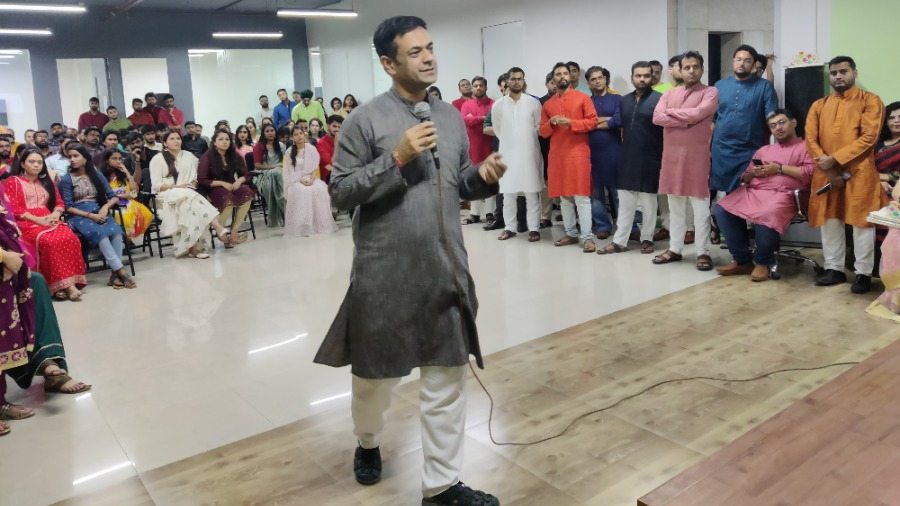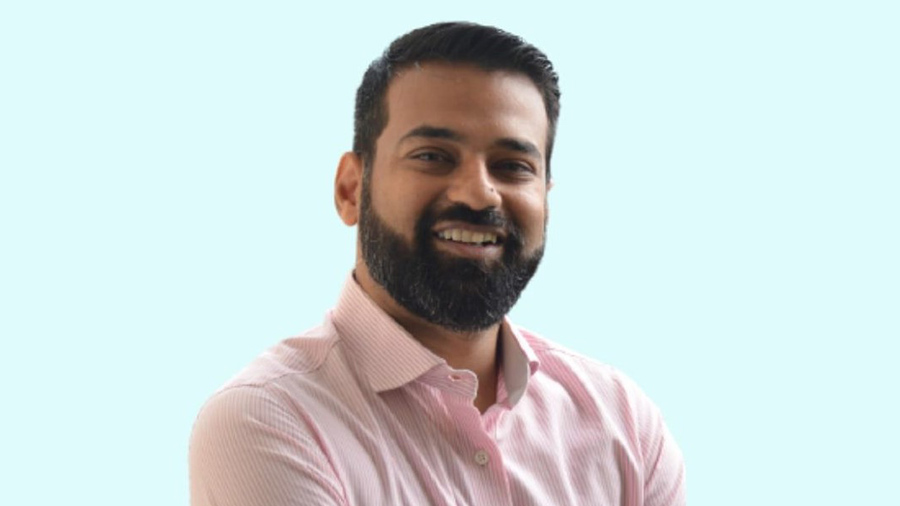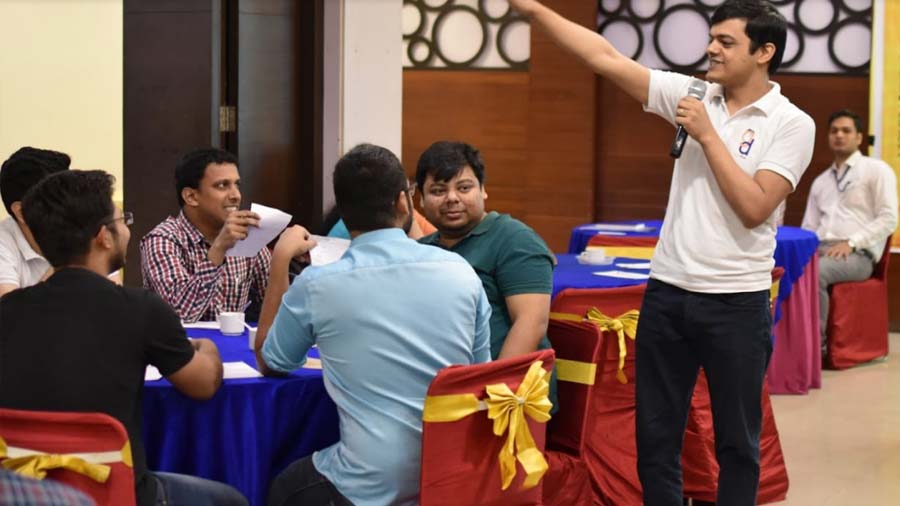Increasingly hailed as the ed-tech capital of the world, India currently has more than 4,000 ed-tech startups assisting over 300 million school students. By 2025, the ed-tech industry in the country is estimated to be worth $4 billion. But, as always with technology, numbers do not tell the full story. How affordable is ed-tech in India and to what extent has it democratised education in India across region and class?
UOLO, headquartered in Singapore with offices in Gurgaon and Bengaluru, has spent time pondering over such questions, leading to its vision to provide the most affordable and accessible ed-tech products in India for K-12 students. Co-founded by brothers Ankur and Pallav Pandey, UOLO aims at integrating school and home learning to offer a holistic community experience for students. My Kolkata caught up with Pallav Pandey to know more about UOLO’s vision, its revenue model, its reach and how it intends to grow in the long run. Edited excerpts from the conversation follow.
My Kolkata: Tell us about the origin story of UOLO. When did it begin and what was the idea behind the organisation?
Pallav Pandey: We started in October 2020. The idea was that we wanted to take ed-tech to the masses of India. We believe that everyone in India deserves to have the best for their children when it comes to education. There’s a lot of aspiration and genuine need in the market for ed-tech, but most of the ed-tech products in the market are really expensive. Our primary objective remains to make ed-tech products affordable for Indian students.
The average price of an ed-tech product in India is Rs 20,000 per year; most parents can only afford to spend Rs 6,000 on ed-tech annually
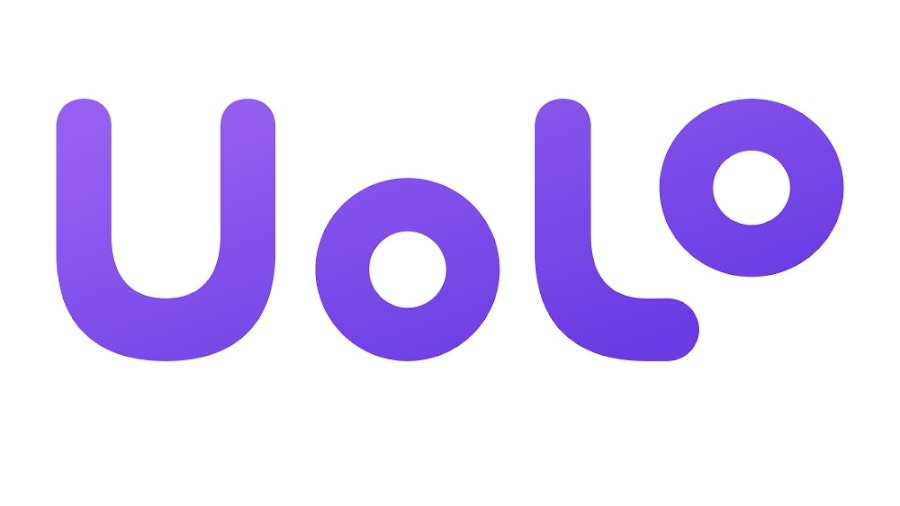
UOLO’s programmes are priced at less than Rs 1,000 per year UOLO
There are several prominent companies thriving in the ed-tech space, especially in the wake of the pandemic. What makes UOLO unique?
Our model is that schools are our partners in taking ed-tech to the masses. We want to collaborate with schools to supplement the learning process. The fundamental difference between other ed-tech companies and UOLO is in terms of identifying our target customers. India is a diverse country with multiple Indias within one India. Most of the ed-tech companies solely cater to the top of the financial pyramid in the country. To give you some context, the average price of an ed-tech product in India is around Rs 20,000 per annum. Whereas most parents can only afford to spend Rs 6,000 on ed-tech in a year. That shows you the disparity that exists. Our products don’t even charge thousands, they can be availed of for a few hundred rupees per student per year. For example, the cost of a computer science programme from one of the biggest ed-tech companies in the country is Rs 700 to Rs 800 per hour. Our computer science programme is priced at Rs 800 per year.
Moreover, the attitude among most ed-tech companies is that schools are no good, so let’s try and work some magic in the after-school hours. We don’t share that outlook. Instead, we believe that schools are imperative when it comes to good learning and education, and we want them to be partners in helping us achieve our goals. We don’t want to imagine ed-tech going to masses without schools, we want them to be a part of the next big revolution in education.
At present, we work with 8,000 schools and around 32 lakh students

UOLO mostly works with private schools that charge fees of less than Rs 20,000 per annum from their students TT archives
Give us an idea of UOLO’s present reach. How many schools does UOLO partner with and in which areas?Before I give you UOLO’s numbers, let me provide some context about schools in India. Around 40 per cent of children in India go to private schools, while the rest are enrolled in government institutions. Around five to six per cent of private schools charge fees in excess of Rs 30,000 per annum. But close to 70 per cent of private schools are far more affordable, with fees less than Rs 20,000 per annum. Generally, these are the schools we look to work with. We don’t service schools where the fees are above Rs 1,00,000 per annum. At present, we work with 8,000 schools and around 32 lakh students. The schools we associate with are spread all over India, from Kashmir to Kanyakumari, Kohima to Kachchh. There’s ample presence in metro cities as well as in tier-2 and tier-3 cities.
Our spoken English programme is extremely popular in Kolkata
How big is UOLO’s footprint in Kolkata and West Bengal?
In east India alone, we work with some 1,000 schools. A number of them are from Kolkata and West Bengal. In Bengal, we work with the Affordable Private Schools’ Association and we have a lot of schools on board where the fees are around Rs 700 to 800 per month. The response to UOLO in Kolkata, particularly, is fabulous. Many schools have been able to modernise and streamline their learning system with the help of UOLO and our spoken English programme is extremely popular in Kolkata.
What are the main verticals and learning programmes at UOLO and how do they impact students at various academic levels?
We have two main verticals. The first is what we call UOLO’s school management platform, equipped with enterprise resource planning (ERP) software, which lets schools manage all their affairs digitally, from fees management to report cards to communication among parents, students and teachers. The second vertical comprises our two main learning programmes — coding and spoken English. Coding, or TECHIE, is about keeping students abreast of how to use computer programming languages, which is increasingly becoming relevant in the job market. And for spoken English, which we call UOLO SPEAK, we use technology to help students rectify their pronunciations in English and receive real-time feedback.
Teaching English at costs cheaper than rickshaw rides

UOLO charges schools Rs 50 per student to teach English TT archives
What is UOLO’s revenue model and how does it work in relation to schools and students?
Our revenue generation is based on two models. The B2B model is where the schools pay us for our products. For instance, a school using our computer science programme will pay us Rs 800 or Rs 1000 per student. For our UOLO speak programme, schools pay us Rs 50 per student, which is less than what a rickshaw ride will cost you to and from school in most places. Secondly, we also have the direct-to-parent model, where parents of students who like our programmes may call upon us for additional services for their children, ranging from advanced computer science to extracurricular activities like art and chess. UOLO has specialised trainers and teachers for all such lessons. Having said that, I’d like to clarify that we don’t encourage parents to approach us without the school as a mediator or connector. We don’t roll out our main programmes to students whose parents approach us directly. The second revenue model is only for those parents whose students are already part of our main programmes through their schools. The reason for this is that parents who approach us independently tend to try out a lot of things in the short run without creating a sustainable partnership in the long run.
For Indian students, you need to have prices fit for Indians
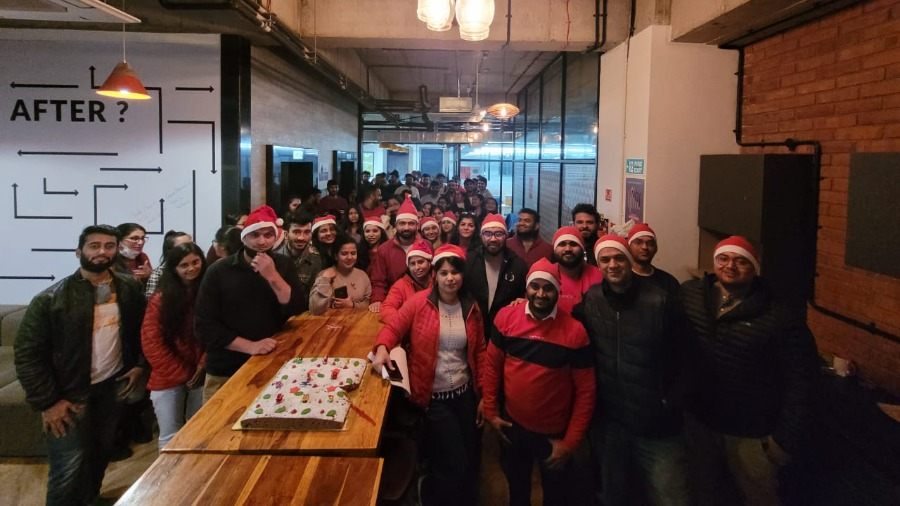
UOLO had a tough time during the pandemic, but has seen a surge in business since schools started opening up again UOLO
Could you share some insights about the ed-tech sector that UOLO has obtained since its foundation? How is the sector faring post-pandemic?
The single biggest challenge for us at UOLO was the pandemic, even though a lot of companies in our sector thrived during Covid-19. Schools were closed and were forced to go online, which didn’t help our model. But we persevered and overcame that phase, during which we learnt that schools are fundamentally willing to innovate and move with the times, but most of them want a partner to help them to do that.
Post-pandemic, I feel that the reason why most ed-tech companies are struggling right now is because their products are too expensive. If companies want to reach out to students in the US or Australia, that’s fine. But for Indian students, you need to have prices fit for Indians.
By 2025, we want to work with 50,000 schools and have a base of two crore students
What are the biggest goals UOLO is targeting next? Where do you see UOLO in three to four years’ time?
By 2025, we want to work with 50,000 schools across India and have a base of two crore students on the platform. Once we do that, we want to grow our main programmes from computer science and spoken English to include subjects like mathematics, general knowledge and the social sciences. We also want to expand our after-school offerings in terms of hobbies and extracurricular activities.
